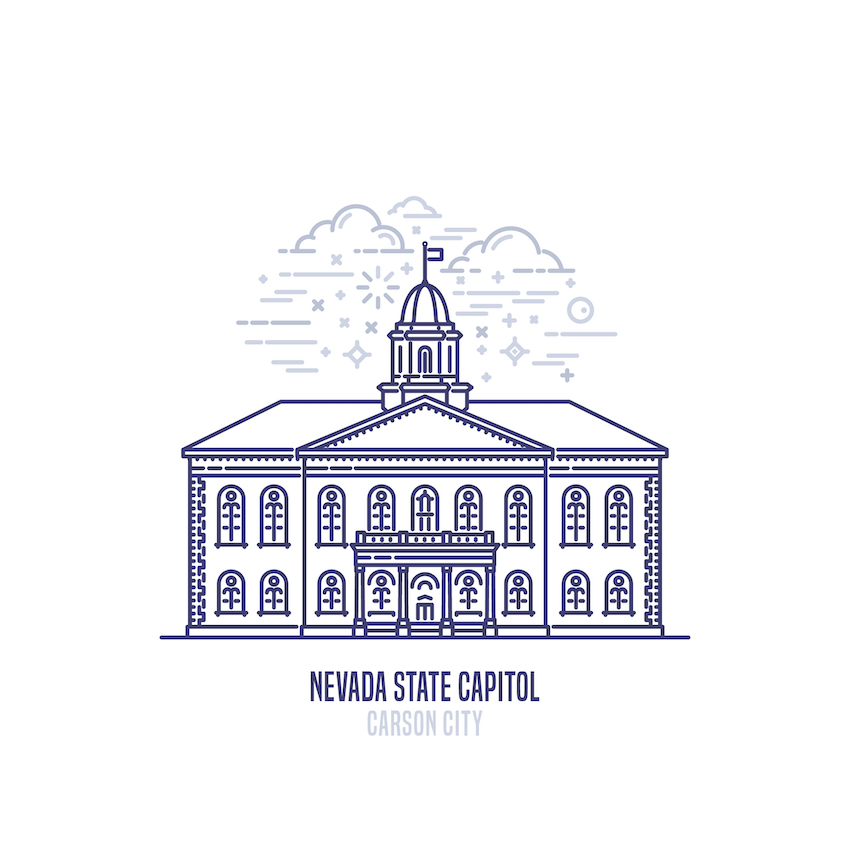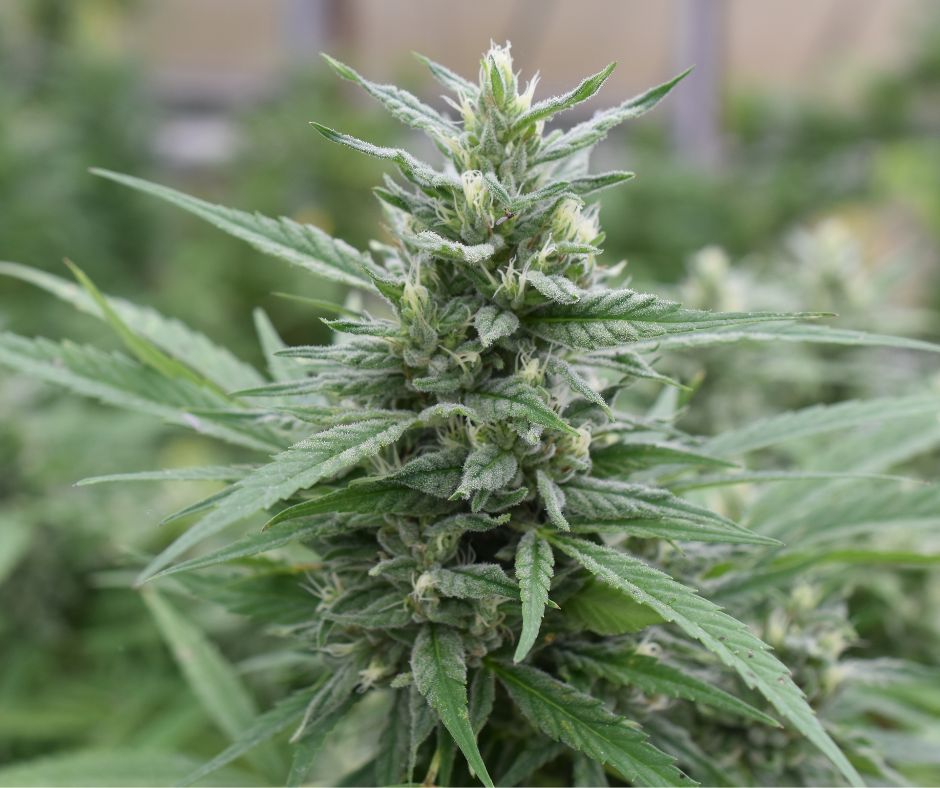
Hemp is a valuable natural resource. Hemp's high level of leaf turnover reduces soil water loss. Additionally, its leaf litter is rich in organic matter. Hemp leaves can also be decomposed before processing to provide protection from rain and evaporation. Hemp plants have many other benefits. They are also highly nutritious and can be used in natural fertilizer.
Cannabis sativa
Cannabis sativa is one the fastest-growing plants in the world. It can be grown for both medicinal and industrial purposes. Its fiber has many uses and can be used to make many different products. It is also one among the most versatile plants. Cannabis sativa has a fast-growing plant, making it ideally suited for agricultural production.
Cannabinoids are a special class of chemicals produced by the Cannabis sativa cannabis plant. Hemp is a variety of the cannabis plant, and its leaves are used in the production of a wide range of products, from food and textiles to food and animal feed. This versatile plant makes a great alternative fuel source.
The plant's genetic blueprint is an excellent resource for understanding its genetic makeup. It serves as a genetic base for many varieties, and can be used by scientists to help develop new strains. This knowledge is also useful in developing therapeutic marijuana strains. It can also help in the breeding of hemp with improved agronomic characteristics.
There are many beneficial components in hemp seeds. They are high in antioxidants, flavonoids and terpenes. These compounds are safe to be applied topically and can prevent wrinkle formation. Moreover, they strengthen the skin's barrier and reduce the accumulation of bacteria. You can find up to 80% in cannabis sativa hemp seeds oil. These compounds help to neutralize inflammation and protect the body from damage.
Cannabis sativa hemp is a multipurpose ingredient that can be used in many products. The fibers from the hemp plant can be used to make textiles, clothing and paper. Hemp seeds are rich in omega fatty acids, and other essential nutrients. They are often used to treat many diseases.
CBD, a compound found in cannabis, has antioxidant and anti-inflammatory properties. CBD offers many health benefits. Since inflammation is associated with cancer and degenerative disease, CBD also has anti-inflammatory properties. CBD also inhibits cell proliferation and promotes apoptosis. While research into CBD's effects on the body is still ongoing, it is being considered a promising treatment for many conditions.

You can easily grow your cannabis plant from seeds. This makes industrial hemp production much more straightforward and uniform. The life cycle of the plant can take four to six months and the crop can reach up to five metres (16 feet) tall. There are also hermaphrodite strains of cannabis that can be used to produce hemp.
High amounts of vitamin E in cannabis sativa seeds oil support the skin's natural moisturizing barrier. It is also not acnegenic, so it is a good choice for all skin types. It balances oily skin with dry. Hemp seeds also contain omega 3 and omega 6 fatty acids.
The FDA regulates the use of cannabis in foods. The FDA has a policy to protect consumers. The FDA must approve any products that contain cannabis before they can be made public. The FDA has not received any reports of adverse effects related to cannabis products, but adverse events from accidental ingestion of the plant are well documented in the scientific literature.
Cannabis sativa seeds oil is a rich source for nutrient-rich oils. It is extracted from the hemp plants. It has been used for centuries in skincare and food. Its use in cosmetic products has grown in popularity over the past few years. It is richly antioxidant-rich and has powerful hydrating properties.
The study found that the amount of D9-THC in hemp seeds varied widely. The average level ranged from twelve to sixteen milligrams per gram. Highest concentrations were found with drug-type cannabis plants. It is possible that there is significant variation due the inhomogeneity or differences in extraction.
Cannabis sativa hemp is a form of cannabis that contains only small amounts of THC (tetrahydrocannabinol), and no other psychoactive effects. It can be used for personal care, pharmaceuticals, construction materials, and paper.

Cannabis sativa is a versatile, ancient plant that has been cultivated all over the world for thousands upon thousands of years. It is used for food, fuel, nutritional supplements, and as a body care product. Until the early 1900s, hemp was only used as a fibre crop. Hemp has seen a decrease in demand due to increased competition from other plant-based fibre sources.
FAQ
Is the CBD industry on the rise?
Yes, it is! And that growth is expected not to stop as legalization continues across North America. Canada has legalized recreational marijuana use in the past year, and several states have passed laws regarding medical marijuana.
This trend is expected to continue for at most another decade, as more states pass legislation that allows access to medical marijuana.
Legalizing marijuana is also a good economic decision. Legalizing pot can provide many benefits, not only for farmers but also for the general public.
It could help decrease crime rates by reducing illegal drug availability. It could also bring in tax revenue to governments.
People may choose to drink less alcohol as legal marijuana becomes more popular. This would reduce hangovers and increase health care costs.
For chronic pain patients, marijuana may even improve quality of their lives. Many believe that THC (the active ingredient in marijuana) helps to relieve the symptoms of nausea and muscle spasms associated with chemotherapy.
A lot of people believe that marijuana is a good option for treating anxiety and depression. Some studies have shown that marijuana can treat schizophrenia.
The future is bright for CBD, but there are still many challenges ahead.
What conditions can CBD treat?
The most important thing for any treatment to have an effect on is the person's health condition. You must have a prescription from a doctor before you use cannabis oil as medicine. Without a prescription from a physician, it is illegal for you to use cannabis products.
There is no need for a prescription if you are using cannabis oil in a healthy way. To make sure that the oil is safe, it's a good idea to consult your doctor.
You can make cannabis oils from whole plant extracts, or isolated compounds called Cannabinoids (THC or CBN). There are many types of cannabinoids in cannabis oils, including cannabidiol and tetrahydrocannabinol.
These components interact with receptors found throughout the body to create effects including pain relief, stress reduction, and anti-inflammatory and antioxidant properties.
How does the price of CBD vary across different states?
Prices for CBD products depend on where you are located. Prices can vary by as much as ten times depending on where you live.
In general, prices increase the further north you go. In Alaska, CBD is $35 per gram on average, while it costs $200 in Hawaii.
This trend continues across the country. The prices range from $5 to more than $2,500 per gram.
Why is this happening?
Price variations are due to the different levels of regulation. Some states require that all CBD products contain very little THC (the psychoactive component of marijuana). Others do not care about the level of THC.
Some companies will sell their products in one place and ship to another.
What is the future of the CBD industry?
The future for CBD is bright. It's clear to see why so many people have jumped on this industry. With CBD products accounting for over $1Billion in global consumer spending, it is easy to see how the market is growing exponentially.
In fact, according to Statista, global sales for cannabidiol (CBD) were expected to reach $22.4 billion in 2019. This is almost 200% more than 2018!
The CBD market is also forecast to grow at 22.5% compound annual growth rate, which would result in nearly $6.8B in revenue by 2022.
This is great news for companies looking to enter this space as well as those already operating in the sector. The CBD market is still young and may face challenges.
How big is the global CBD industry?
According to Euromonitor International, the global CBD market was worth $US 3.5 Billion in 2015. This is more than 10% higher than 2014
This figure is expected to grow at an average rate of 12% by 2020.
CBD products will make up around half of all products derived from hemp by 2020.
This includes CBD oils.
What CBD products sell the most?
CBD products are all over the place these days. People are buying them for everything from anxiety to pain relief. The market is growing rapidly and is very large.
But what do people buy CBD for? This is how it affects brand owners.
Well, according to Statista, CBD products are being bought for their relaxing effects. They are also used for their anti-inflammatory properties.
This means that your product can be sold for medicinal or recreational purposes if it contains CBD and THC.
What about brands that focus on a specific purpose? One example is CBD for stress relief.
A brand that focuses on CBD for medicinal purposes will also have a large customer base.
If a brand wishes to reach recreational users, they must create a unique selling point (USP). A USP can be described as a unique selling proposition (USP) that is unique to a brand.
For example, certain brands offer free shipping. Others offer discounts for bulk orders.
Is there a saturation in the CBD market?
CBD industry is growing at over 25% per annum. This growth is expected continue for at most five more years. The industry is forecast to grow from $2 Billion to $5 Billion by 2020.
Two companies dominate the CBD market: GW Pharmaceuticals (Canndoc Ltd) and Canndoc Ltd. Both companies are focused on the development of pharmaceutical-grade CBD products. But they have not been particularly successful. Both are struggling to get traction on market.
Cannabidiol is an extract of cannabis with less than 0.3% CBD. It has no psychoactive effects. It can be used to treat epilepsy, and other medical conditions. It is also commonly used as a dietary supplement.
There are many kinds of CBD products. Some CBD products are made with whole plants extracts, others use CBD isolates.
All of these products share one thing: They contain low levels THC.
These products are legal under US federal law. You will still need to follow local laws if you are selling CBD products. Check with your state regarding the sale of CBD products.
Additionally, CBD products can be illegal in several states. These include California, Colorado, Florida, Mississippi, Missouri, New York, North Carolina, Ohio, Oklahoma, Oregon, Pennsylvania, Rhode Island, South Dakota, Texas, Utah, Virginia, Washington, and Wisconsin.
If you live in one of these states, then you will probably want to avoid making CBD products.
Statistics
- OralWhere HED is the human equivalent dose, and Km is a correction factor estimated by dividing the average body mass (BM) of the species (60, 0.020, and 0.150 kg for 11 humans, mice, and rats, respectively) and by its surface area (see: Nair et al. (ncbi.nlm.nih.gov)
- The inhibition of FAAH is predicted to lead to an increase in brain and plasma concentrations of AEA, which acts as a partial agonist at CB1R and CB2R, thereby increasing endocannabinoid tone [92, 110]. (ncbi.nlm.nih.gov)
- As a substance that was federally illegal before the passage of the 2018 Farm Bill, hemp-derived cannabinoids with no more than 0.3% THC still face a regulatory grey area. (forbes.com)
- HR −16 mmHg; 95% CI −26, −6; I2 = 92%) (ncbi.nlm.nih.gov)
- A recent study [161] also found that in vitro CBD treatment (i.e., ≤ 2 h exposure to 10 μM) induced ~40% vasorelaxation in isolated (pre-constricted) (ncbi.nlm.nih.gov)
External Links
How To
How To Get Certified For Selling CBD Products
CBD (cannabidiol), is one of hundreds of cannabinoids in cannabis plants. It has been used medicinally for centuries, even in South American countries like India, China, and China. The ability to treat conditions such anxiety, pains, epilepsy, and inflammation has made CBD products extremely popular in recent times. The U.S. does not have an official certification program yet for CBD products. Therefore, anyone wanting to make a living selling CBD products must rely on their "unofficial" self-certification.
There are two methods to do this. First, join a local canna-business owner association. By joining a local association of canna-business owners, you will be able to learn from others and receive support and advice. There are many organizations in the United States. Another option is to go online. Canna-businesses can now operate online in many states. If so, then you can set up your own website and begin taking orders right away. But, you still need to register with your state's Department of Public Health. Once you have registered, your state's Department for Public Health will issue you a license. Once you have your license, it is legal to open your shop and accept orders.